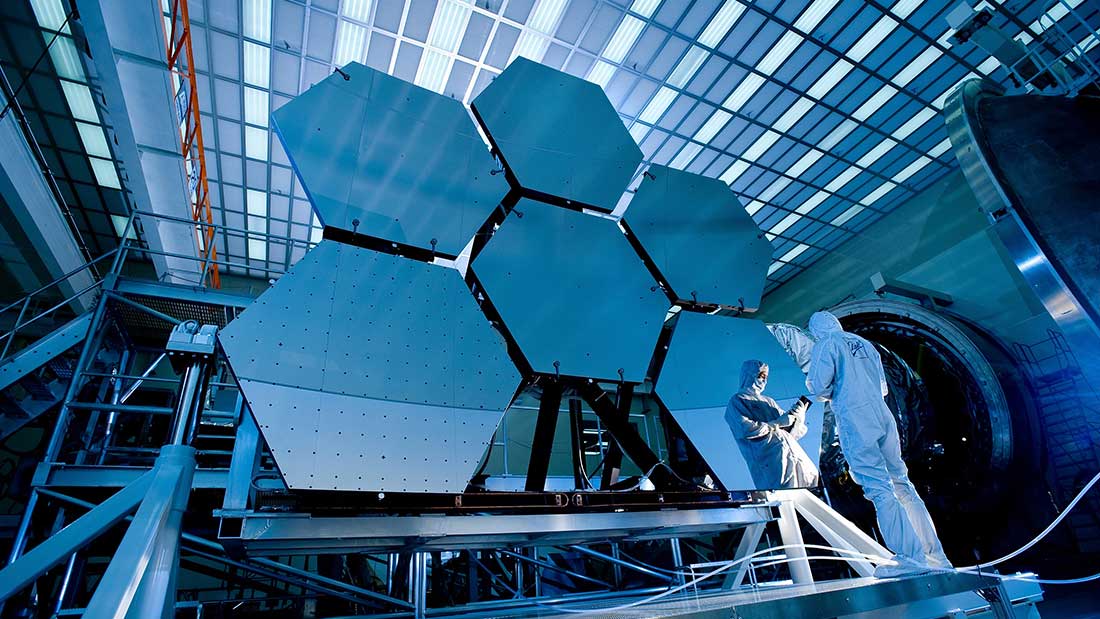Astronautical Engineer: Description and the best paid jobs

Astronautical Engineering
Description… and where to find the best paid jobs
Astronautical Engineer
What is Aeronautics and Astronautics engineering?
Also called a rocket scientist, an Astronautical Engineer specialises in the development of spacecraft and how they perform inside and outside the Earth’s atmosphere, which includes satellites (cubesats and traditional large satellites), rockets, space capsules, space launch probes and vehicles, planetary probes and space shuttles.
An avionics engineer or technician is primarily concerned with the electrical and electronic components of an aircraft.
An Aircraft Engineer is primarily concerned with the maintenance of aircraft.
Aeronautical Engineering vs Astronautical Engineering
An Aeronautical Engineer is primarily involved with aircraft design, propulsion systems and the aerodynamic performance of aircraft and construction materials. They specialise in the theory, technology and practice of flight within the Earth’s atmosphere.
An Aerospace Engineer also specialises in the development of aircraft and spacecraft.
Are you looking for an astronautical engineer?
Astronautical Engineer Job Description and Requirements
Aerospace engineering is multidisciplinary. Astronautical Engineers work as part of a team where team members are specialists.
Responsibilities include the development of:
- Rockets
- Missiles
- Communications satellites
- Direct broadcasting satellites
- Reconnaissance satellites
- Remote sensing satellites
- Space vehicles
- Space launchers
- Space navigation systems
- Planetary probes
This includes using engineering principles to:
- Conduct research, both practical and theoretical
- Create and assess designs
- Assess budgets and timeframes for designs
- Produce and manufacture designs
- Assemble designs
- Test, evaluate and modify designs
- Analyse and interpret data
- Measure and improve designs based on performance during testing procedures
- Create manuals, reports and documentation
- Investigate and determine the cause of aircraft and spacecraft crashes
- Provide technical advice to team members, stakeholders, customers and others
It also includes:
- Directing and coordinating the design, manufacture and testing of aircraft, spacecraft and aerospace products
- Assess proposed projects for the their technical and financial feasibility
- Determine if proposed projects will be safe and meet defined goals
- Ensure designs and products meet engineering principles, environmental regulations and customer requirements
- Develop design methods and ensure product meets quality standards
- Assess completion dates and ability to deliver the product to the client
- Test and inspect products and repair malfunctioning parts
- Identify problems and challenges and find solutions
Astronautical engineers develop new technologies for defense systems and spacecraft. They can also specialise in:
- Structural design
- Navigation, guidance and control
- Communication and instrumentation
- Combustion and propulsion
- Robotics
Like Aerospace Engineers, Astronautical Engineers usually become experts in one or more fields such as:
- Aerodynamics
- Thermodynamics
- Celestial mechanics
- Flight mechanics
- Acoustics
- Control and guidance systems
- Materials
- Propulsion
How to become an Astronautical Engineer
Astronautical Engineering Schools who offer an Aerospace Engineering or Astronautical Engineering degree include universities and colleges and the military (Airforce, Navy and Army).
Are you looking for an astronautical engineer?
Astronautical Engineering Salary
How much do Astronautical Engineers make?
Depending on experience, they can expect to earn:
- Salary range – $56,000 to $160,000 per annum
- Average salary – $95,000 per annum
Aerospace engineering starting or entry level salary – around $60,000pa
Astronautical Engineer resume
To write a resume that will get noticed, go here.
Cover letter
To write a 4 sentence cover letter that will get you an interview, go here.
Are you looking for an astronautical engineer?




